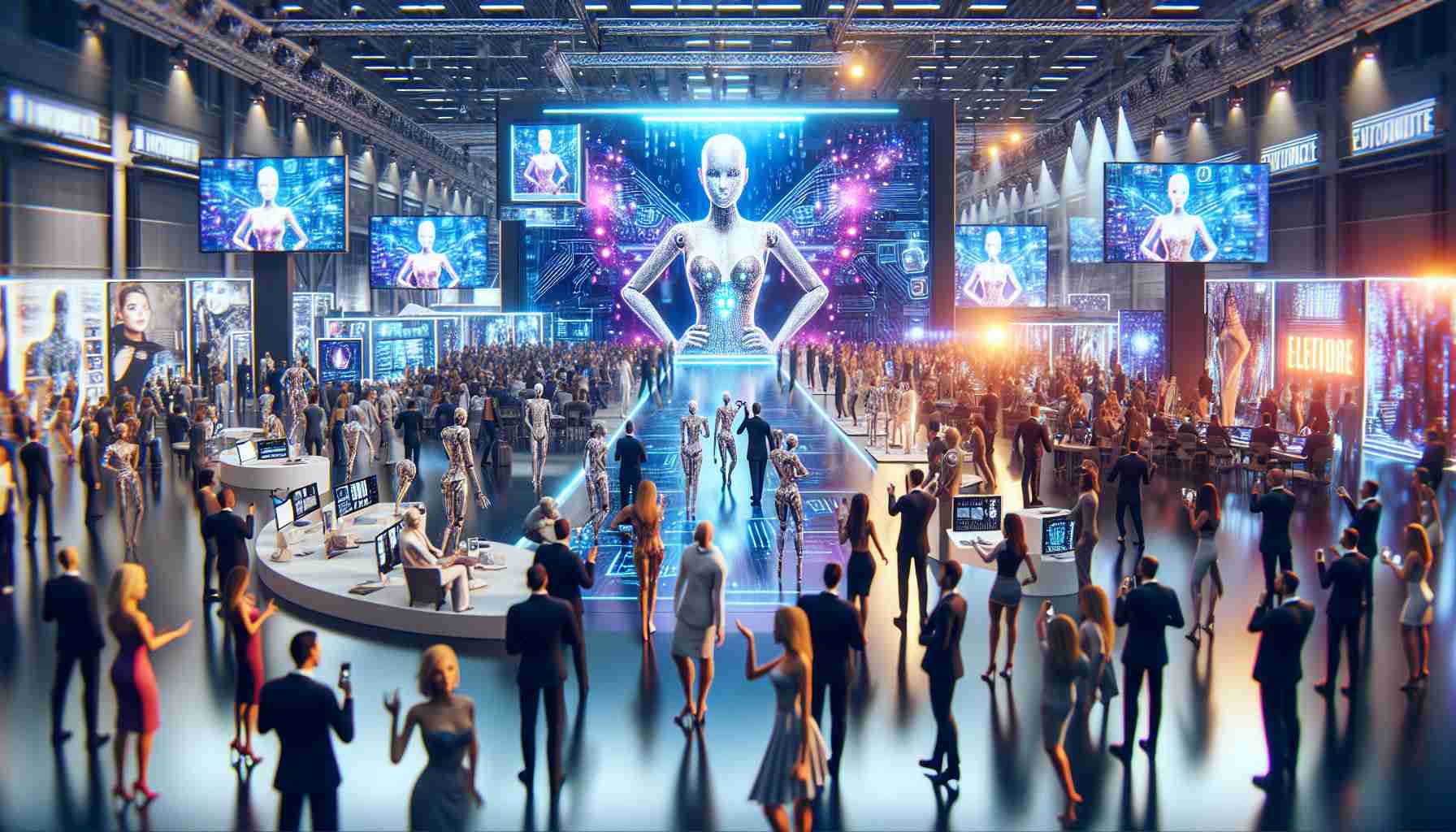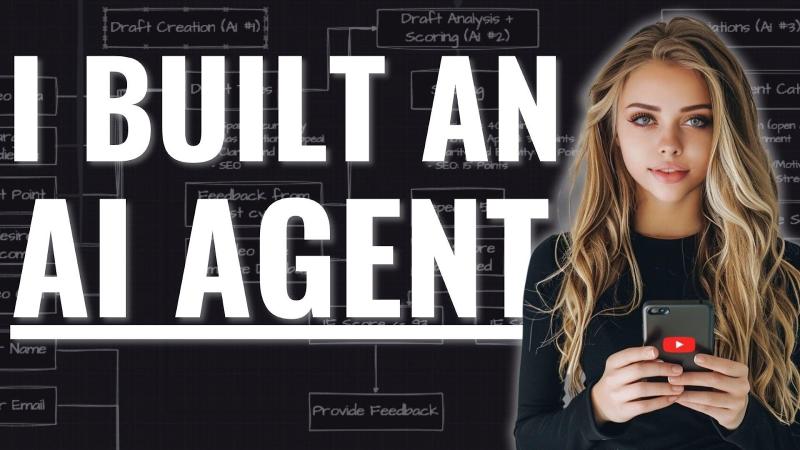As artificial intelligence (AI) continues to intertwight with everyday life, France and Europe are facing a unique blend of fascination and unease. AI’s reach has now extended into the realm of aesthetics with the inauguration of the World AI Creator Awards’ “Miss AI” beauty competition. This contest takes a modern twist by featuring synthetically generated models.
The industry is witnessing AI’s increasingly important role, not only as a means to enhance efficiency and reduce overhead in businesses but also as an emerging influencer in the art world.
The Fanvue Miss AI contest broke ground by asking the question, “What is beauty in the age of machine learning?” Creators from across the globe introduced their AI-generated representations of femininity to compete for the title of the most beautiful Miss AI.
An impressive award of $20,000 awaits the victor, celebrating the intersection of creativity and technology. The event showcased ten finalists, selected by a panel of judges, lauding AI’s capability to foster undiscovered creative talents.
However, this novel contest does not come without its controversies. Critics are concerned that AI models – often depicted without apparent physical flaws – may exaggerate prevailing beauty standards, thereby exacerbating insecurities among real women who don’t fit the idealized digital mold.
Will this competition, which draws a stark contrast to traditional beauty pageants by flaunting digitally perfected forms, provoke further debate on beauty conventions in our increasingly digital society? Only time will tell whether “Miss AI” will be seen as a progressive celebration of AI’s artistic potential or a harbinger of the heightened dangers artificial intelligence poses to job security and society’s body image.
The World’s First AI Beauty Pageant, the Miss AI competition, raises several important questions and discussions:
– Does AI redefine the concept of beauty? With AI’s involvement in creating ‘perfect’ forms, the debate centers on whether these digital standards should influence society’s understanding of beauty.
– Can AI art be genuinely creative? The creativity behind art has always been a human attribute. Introducing AI-generated models to the domain raises questions about the originality and soul of art produced by non-humans.
– What are the implications for human models and artists? The entry of AI models could potentially disrupt the modeling industry, as well as the broader creative sector, including photographers, artists, and designers.
– What is the role of biases in AI-generated beauty? Given that AI systems learn from data sets provided by humans, there is a risk that these systems may perpetuate existing biases in beauty standards.
Environmental and ethical challenges or controversies associated with Miss AI and similar AI ventures include:
– Intensifying unrealistic beauty ideals: Digital models devoid of flaws could set new, unattainable standards for beauty, potentially harming self-esteem and body image.
– Cultural homogenization: AI interpretations of beauty could lean towards more homogeneous standards if not carefully curated to represent diverse forms of beauty.
– Displacement of jobs: As AI becomes capable of performing tasks traditionally done by humans, from creating art to modeling, the risk of job loss or reduced opportunities for human professionals increases.
The advantages and disadvantages of such AI involvements in creative industries include:
Advantages:
– Innovation and boundary-pushing in the arts
– Greater efficiency and reduced costs in creating marketable aesthetics
– The potential for democratizing art creation, allowing non-artists to generate art using AI tools
Disclaims:
– Risk of devaluing human creativity and effort in the arts
– Job security concerns for professionals in the creative sector
– Ethical concerns regarding the perpetuation of narrow beauty standards
For further exploration of the intersection between AI and creative arts or the modeling industry, refer to AI ethics guidelines or discussions on the impact of AI on employment:
– UK Legislation
– European Commission
– Aesthetica Magazine
Please note that while these links provide a starting point for exploring related content, they may not specifically address the topic of AI beauty pageants.




